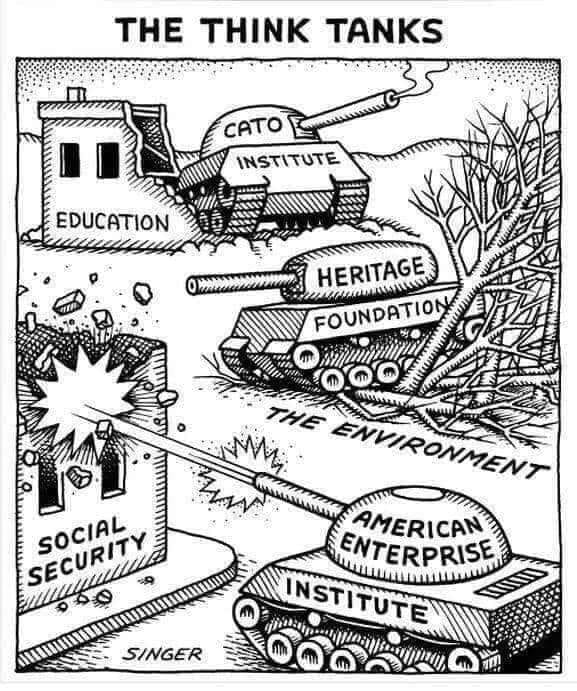The #dotcons are about ideological control (advertising) of information for profit, #TikTok is likely one of the most advanced on this path.
Whether to ban TikTok is part of the #mainstreaming mess and significant within the wider context of the move back to the #openweb
Some considerations:
- Impact on Ideological Control: TikTok, like other #dotcons social media platforms, shapes public discourse and pushes #neoliberal and #stupidindividualism ideological agenda and control. Banning #TikTok could disrupt the control exerted by centralized platforms over the flow of information and content moderation policies. However, it’s essential to consider whether banning TikTok is the most effective way to address concerns about ideological control, as users will mostly simply migrate to other #dotcons with the same issues.
- Privacy and Data Control: TikTok faces scrutiny over its data practices and ties to the Chinese government, raising concerns about privacy and data security. This is a normal issue with any state bound #dotcons. Banning TikTok might address these concerns by limiting the collection and dissemination of user data to the replacement state, the USA. However, it’s important to explore alternative measures, such as regulatory oversight and #4opens requirements, to protect user data without resorting to a ban.
- Innovation and Competition: Banning TikTok could stifle innovation and competition in the #dotcons, limiting the diversity of #techshit platforms available to users. This has implications for content creators, influencers, and businesses that rely on TikTok for outreach and monetizable engagement. Instead of a ban, maybe fostering competition and growing alternative, decentralized platforms (like the #Fediverse) would promote innovation and diversity in the social media ecosystem in a better way?
- Freedom of Expression: Banning TikTok raises concerns about freedom of expression, as it restricts digital surfs ability to share content and engage with others slaves on the platform. While TikTok faces criticism for its content moderation practices, outright banning the platform may not be an appropriate solution. Instead, data portability and interoperability as combined efforts would address harmful content and promote healthy online discourse, thus focus on regulatory measures and community-driven initiatives rather than a ban.
- Broader Societal Implications: Banning TikTok could have broader societal implications, particularly for younger generations who are active users of the platform. It’s important to consider the social and cultural significance of TikTok as a platform for #fashernista creativity, self-expression, and community-building. Efforts to mitigate potential harms associated with TikTok should prioritize education, digital literacy, and awareness-raising initiatives of real alternatives rather than simply national propaganda agender.
In conclusion, whether to ban TikTok involves weighing concerns about ideological control, interoperability, privacy, innovation, freedom of expression, and wider social implications. While banning TikTok may address some of these concerns, alternative approaches, such as #4opens, regulatory oversight, #openweb competition promotion, and community-driven initiatives, would likely ensure a more balanced and effective response.

We need to move past these illogical gatekeepers.